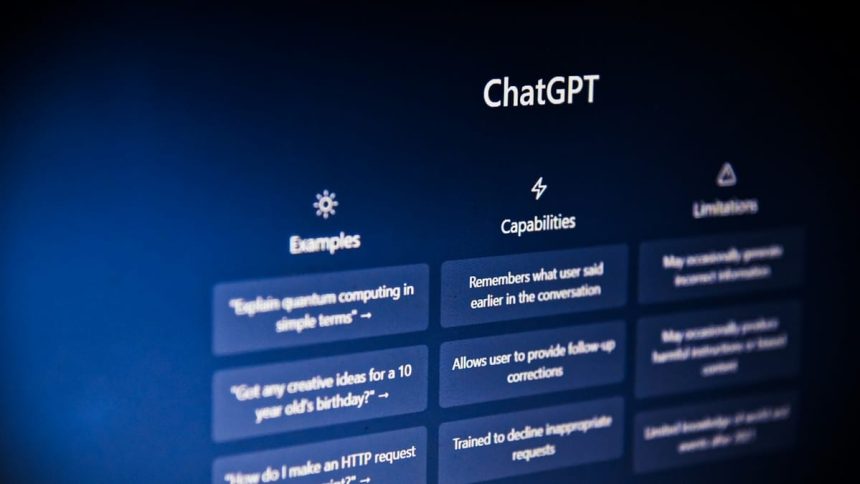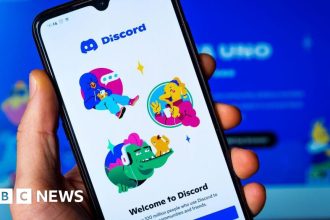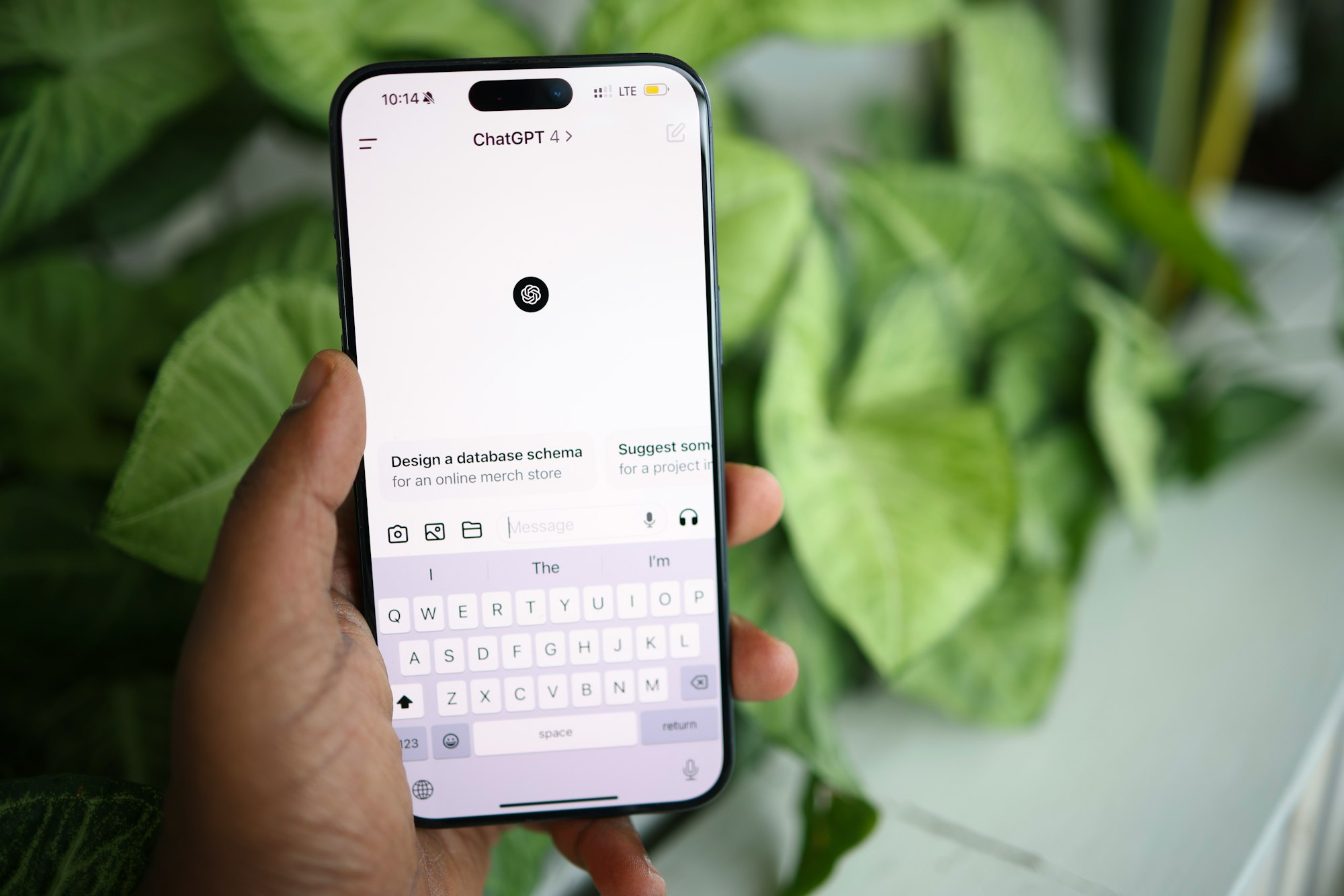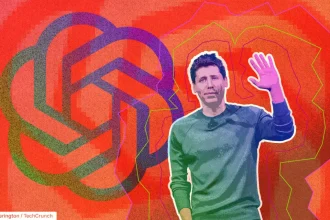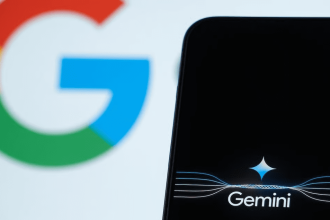For the longest time, ChatGPT has been trying to spread its wings to cut across our lives a bit more. The AI chatbot has essentially been trying to do more ever since it finally learned how to do basic maths. We’ve seen it expand into browsers and even help complete one or two tasks that would’ve required a whole other app to run.
Now, the AI chabot making a move further. ChatGPT just announced that users can access and use third-party apps inside ChatGPT, marking a major shift from chatbot to, arguably, a full-blown platform. Think of it as ChatGPT turning into an “app store” you can talk to, where conversations don’t just stop at suggestions but move into real-world actions.
ChatGPT is on track to reach 700 million weekly active users
OpenAI says the platform’s active users have gone up nearly 4 times since last year.
How it works is quite simple. Similar to how you can interact with specific apps on your smartphone by prompting Google Assistant (now Google gemini) on android phones, you can now summon apps like Booking.com, Expedia, Spotify, Canva, Coursera, Figma, and Zillow directly from the ChatGPT app by simply mentioning what you want to do. You could say “make me a new Spotify playlist” or “find me an apartment on Zillow,” and ChatGPT will pull in the relevant service directly within the chat, no links, tabs, or external windows needed.
It even gets smarter about when to call these apps up. Planning a vacation? Expect Expedia or Booking.com to appear automatically. Designing a logo? Figma might jump in to help.
The first time you use an app, ChatGPT will ask for your permission, showing what data it plans to share and prompting you to connect your account if needed. Once that’s done, the app becomes part of your conversation, ready to help whenever the context fits.
You can now chat with apps in ChatGPT. pic.twitter.com/T9Owi3POim
— OpenAI (@OpenAI) October 6, 2025
OpenAI also says these apps can now render fully interactive elements, think maps, videos, and diagrams, right inside your chat window. So instead of switching between a dozen apps, ChatGPT becomes a command centre that handles everything through conversation.
Currently, the feature is available to all ChatGPT users outside the EU across free, Go, Plus, and Pro plans. Developers can also start building their own apps using the new Apps SDK, which runs on OpenAI’s Model Context Protocol (MCP).
Alongside this, OpenAI also announced AgentKit, a developer toolkit designed to make it easier to build and deploy AI agents. It includes Agent Builder, described by CEO Sam Altman as “like Canva for building agents”, allowing developers to visually design agent workflows with little friction. The goal is to make ChatGPT not just a home for apps, but for AI-powered assistants that can reason, act, and adapt on their own. That means we’ll likely see many more integrations soon.
Personally, I’m looking forward to something that can help with food delivery, and thankfully, OpenAI has already teased partnerships with DoorDash, Instacart, Uber, and AllTrails.
It’s an ambitious move that positions OpenAI somewhere between Google and Apple, both of which run their own operating systems. With updates like this, ChatGPT is arguably becoming its own OS. It’ll be interesting to see if, eventually, there are apps made just for ChatGPT that aren’t accessible on other platforms, or if OpenAI decides to lean in completely and launch “ChatGPT OS.” They might even premiere it alongside the new AI device that’s supposedly in the works. But, of course, that’s all speculation.
The company hasn’t detailed how developers will make money yet, but monetisation seems inevitable. And while OpenAI describes this new experience as turning ChatGPT into an app store, there isn’t yet a central hub where users can browse or install apps manually. For now, these apps simply appear in your chats when summoned or when ChatGPT thinks they might help. Still, given OpenAI’s track record with the earlier GPT Store, a full-fledged ChatGPT App Store interface may not be far off.
If all goes as planned, this might be the moment AI stops being just a tool for answers and becomes the place where apps (and agents) themselves come to life through conversation.
ChatGPT Plus Price in Nigeria Jumps Over 200%
It could reshape how Nigerians access AI tools, turning an everyday assistant into a premium product few can afford.

